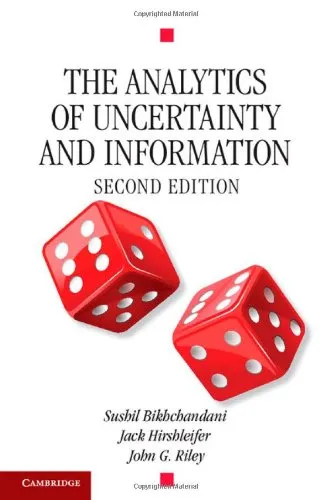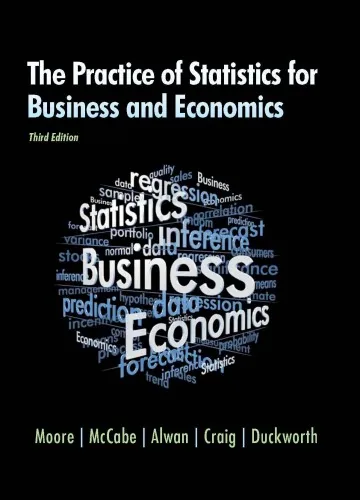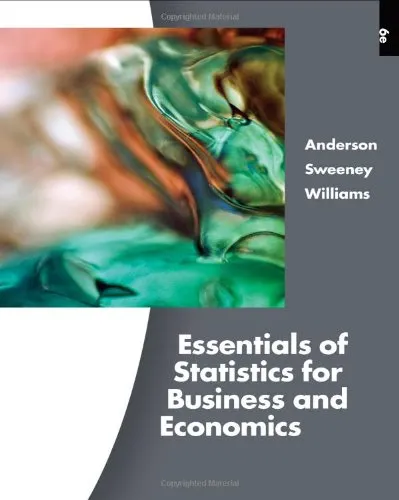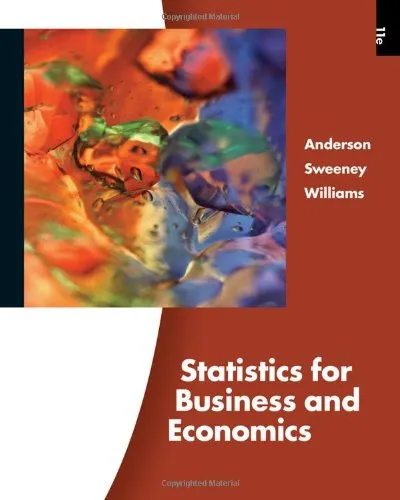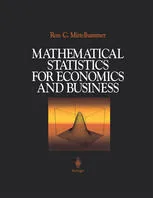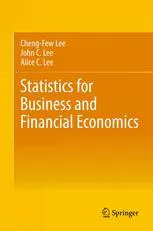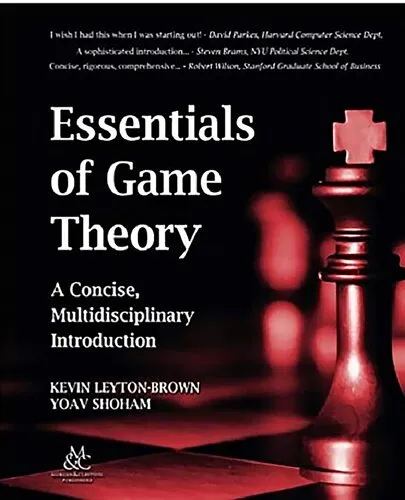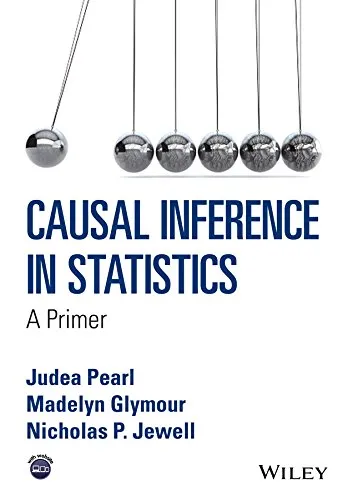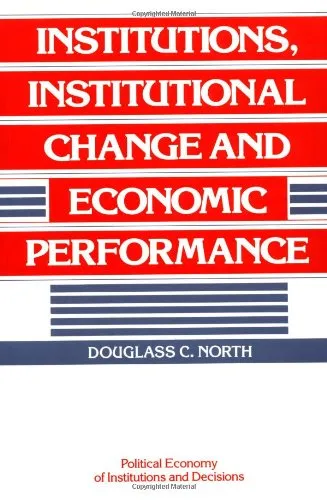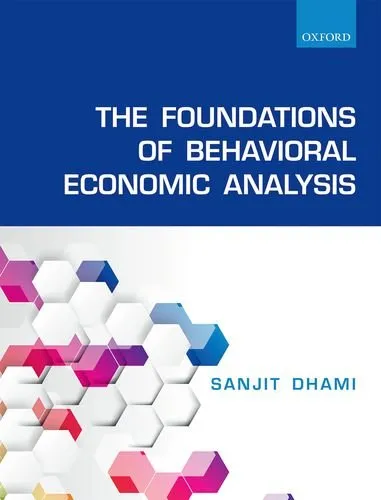The Analytics of Uncertainty and Information
4.5
Reviews from our users

You Can Ask your questions from this book's AI after Login
Each download or ask from book AI costs 2 points. To earn more free points, please visit the Points Guide Page and complete some valuable actions.Related Refrences:
Introduction to "The Analytics of Uncertainty and Information"
"The Analytics of Uncertainty and Information" is a profound and meticulous exploration of decision-making under uncertainty, written by Bikchandani S., Riley J.G., and Hirshleifer J. This book addresses fundamental questions related to economics, behavior, and choices in uncertain environments by combining rigorous mathematical models with accessible narratives. Designed for readers who seek to understand the principles of risk, information asymmetry, and incentives, this text prepares you with the tools to analyze decisions in real-world scenarios—including economics, public policy, and finance.
The book is structured to provide a comprehensive analysis of how uncertainty influences choices. It equally delves into the concept of information—how it is shared, misunderstood, and valued in markets and strategic interactions. The authors outline the complexities individuals and organizations face when trying to make informed decisions with imperfect or incomplete information, demonstrating how these challenges shape outcomes at different levels.
By combining economic theory with applied mathematics, "The Analytics of Uncertainty and Information" is an essential resource for both academic and professional disciplines. Whether you're an economist, policymaker, business strategist, or student of decision sciences, this powerful volume will deepen your understanding of the sophisticated interplay between uncertainty, information, and decision-making.
Detailed Summary of the Book
The book introduces key concepts such as decision theory, game theory under uncertainty, and the role of information asymmetry in economics—presenting them with clarity and depth. It begins by laying the foundation for analyzing decisions in risky environments and slowly progresses into more advanced topics, such as belief updating (Bayesian analysis), moral hazard, and adverse selection. Alongside theoretical principles, the authors integrate thought-provoking real-world applications ranging from auctions and insurance contracts to stock market behavior and political processes.
A central feature of the book is its exploration of information flows—how information is distributed across agents, the value of additional information in decision-making, and the strategic manipulation of information in competitive environments. The discussion of equilibrium concepts, such as Nash equilibrium and Bayesian Nash equilibrium, plays a pivotal role in understanding strategic interactions under uncertainty.
The book’s multidisciplinary approach ensures relevance beyond traditional economics, making its ideas applicable in management science, behavioral psychology, and systems analysis as well. Its mathematical rigor is complemented by numerous illustrative examples that make concepts accessible to readers without advanced formal training.
Key Takeaways
- Uncertainty is an inherent component of decision-making, but systematic analysis can improve outcomes under risk.
- Information, while valuable, is often asymmetric and subject to strategic manipulation, which can lead to inefficiencies or market failures.
- Game theory offers powerful tools to analyze strategic interactions, especially when uncertainty or incomplete information is involved.
- The value of information hinges on its ability to reduce uncertainty, but its cost must also be considered in decision-making frameworks.
- Understanding concepts like moral hazard and adverse selection is critical for designing effective contracts and mechanisms in uncertain environments.
- The interplay of economics, psychology, and mathematics provides robust insights into how individuals and institutions behave under uncertainty.
Famous Quotes from the Book
"Uncertainty may obscure the ideal course of action, but it also creates opportunities for innovation and differentiation."
"The value of information lies not merely in its accuracy but in its ability to prompt better decisions."
"Strategic behavior is shaped as much by what individuals know as by what they suspect others know."
Why This Book Matters
"The Analytics of Uncertainty and Information" is a cornerstone text in the fields of economics and decision sciences because it tackles one of the most challenging aspects of human behavior: making choices in the face of the unknown. Its relevance spans disciplines, helping readers address practical problems in finance, policy, management, and beyond.
This book is particularly valuable in today’s data-driven world, where the ability to process uncertainty and act on incomplete information is more critical than ever. Organizations rely on these principles to predict market trends, allocate resources, and design systems that operate efficiently under dynamic conditions. Similarly, individuals can use the frameworks within the book to make rational decisions in their personal and professional lives.
Ultimately, this book equips its readers with not just an understanding of theoretical economics but also a toolkit for navigating the complexities of decision-making. It bridges the gap between theory and practice, making it a must-read for anyone looking to succeed in uncertain environments.
Free Direct Download
You Can Download this book after Login
Accessing books through legal platforms and public libraries not only supports the rights of authors and publishers but also contributes to the sustainability of reading culture. Before downloading, please take a moment to consider these options.
Find this book on other platforms:
WorldCat helps you find books in libraries worldwide.
See ratings, reviews, and discussions on Goodreads.
Find and buy rare or used books on AbeBooks.
1376
بازدید4.5
امتیاز0
نظر98%
رضایتReviews:
4.5
Based on 0 users review
Questions & Answers
Ask questions about this book or help others by answering
No questions yet. Be the first to ask!
